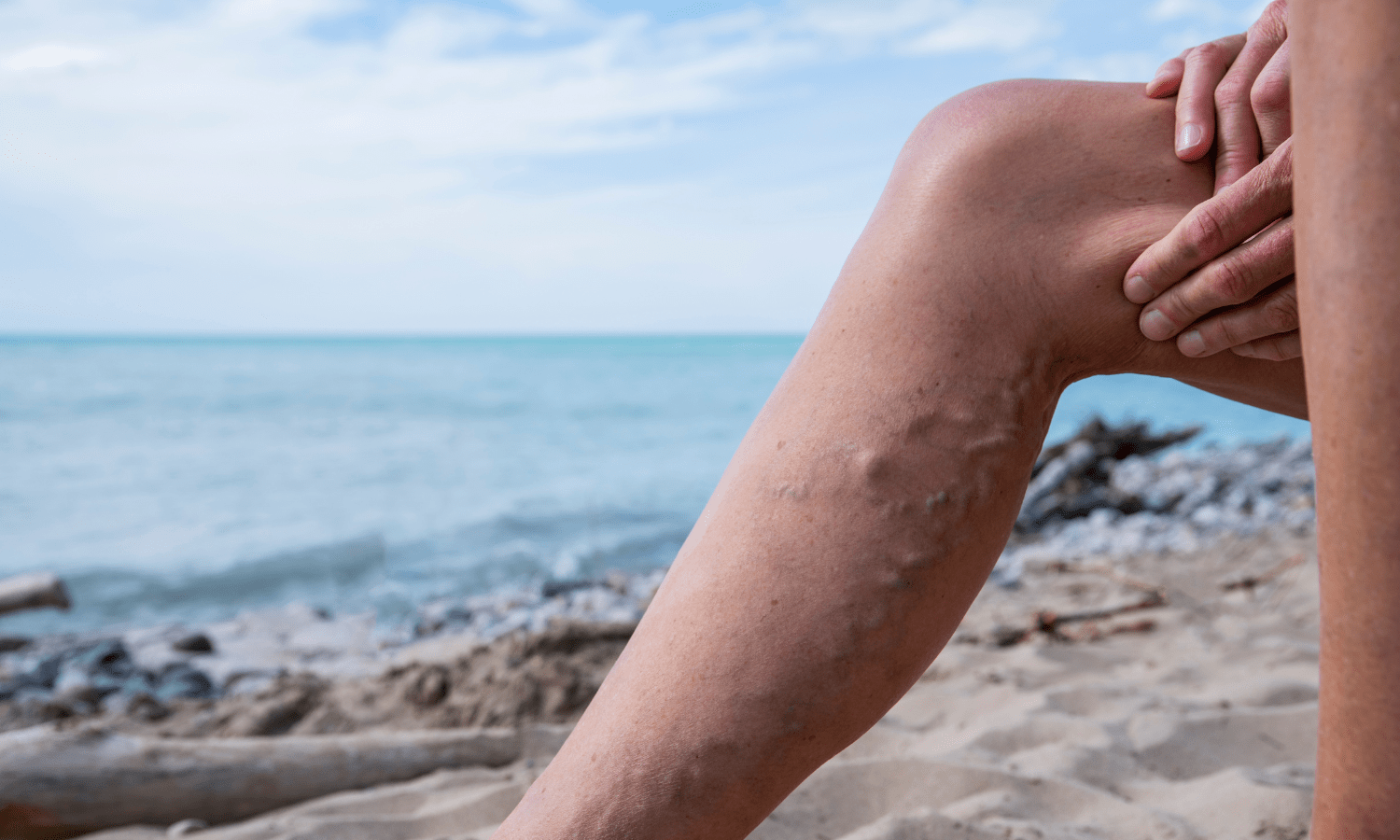Are Varicose Veins Hereditary?
Do you have varicose veins, those twisted, enlarged veins typically appearing on your legs and feet? Ever wondered why you have them while your best friend or your colleague doesn't? Could your genes be a factor? Let's explore this further.
What Are Varicose Veins?
Varicose veins, quite the buzzword, but what are they, really? Imagine a traffic jam, but in your veins. Blood that's supposed to be rushing back to your heart decides to hang around and pool in your veins. These stagnant pools cause the veins to bloat and twist, leading to what we call varicose veins (Cleveland Clinic, n.d.). Not a pretty picture, is it? Symptoms vary, ranging from cosmetic concerns to aching, discomfort, and even more serious complications if left unchecked.
The Genetic Connection: Are Varicose Veins Hereditary?
Now, back to our original question: are these unsightly veins running in your family? The answer is, yes, they could be. According to a study by Eri Fukaya et al., there's indeed a strong genetic link to varicose veins [1]. In fact, your genes could be hosting a party for varicose veins without your consent. But, it's not the entire story. While the genetic aspect is significant, it's just one piece of the puzzle.
Other Risk Factors for Varicose Veins
Think of it like this: genes might load the gun, but it's lifestyle and other factors that pull the trigger. Age, for instance, is a prominent risk factor. As we age, our veins lose elasticity, and the valves in our veins weaken. This can cause blood to collect in the veins instead of traveling back to the heart [1].
Moreover, women are more likely to develop varicose veins. Hormonal changes during pregnancy, pre-menstruation, or menopause may be the culprit. The hormone progesterone can dilate (widen) veins. Obesity is another risk factor, putting extra pressure on your veins. So, while your genes do play a role, your environment, lifestyle, and overall health also come into play.
Prevention and Management of Varicose Veins
Can you prevent the inevitable, especially if your genes are involved? While you can't change your DNA, there are steps you can take to manage and even prevent varicose veins. Regular exercise, maintaining a healthy weight, and avoiding long periods of standing or sitting can help promote healthy blood flow and potentially stave off varicose veins [1]. As for treatment, it ranges from self-care measures to medical procedures like sclerotherapy and laser surgeries.
Ready to Take the Next Step?
In conclusion, varicose veins can indeed be a family affair, but they're not a guaranteed inheritance. It's a complex interplay of your genes, age, lifestyle, and health. By understanding this, we can better manage our vein health and keep varicose veins at bay. After all, who wants uninvited guests at the party? If you're concerned about varicose veins and their hereditary nature, don't hesitate to schedule an appointment with our specialists at Indiana Vascular. Our experienced team can provide personalized advice and treatment options tailored to your unique situation.
Sources
Cleveland Clinic. Varicose veins. https://my.clevelandclinic.org/health/diseases/4722-varicose-veins
Fukaya, E., Flores, A. M., Lindholm, D., Gustafsson, S., Zanetti, D., Ingelsson, E., & Leeper, N. J. (2018). Clinical and Genetic Determinants of Varicose Veins. Circulation, 138(25), 2869–2880. https://doi.org/10.1161/circulationaha.118.035584

